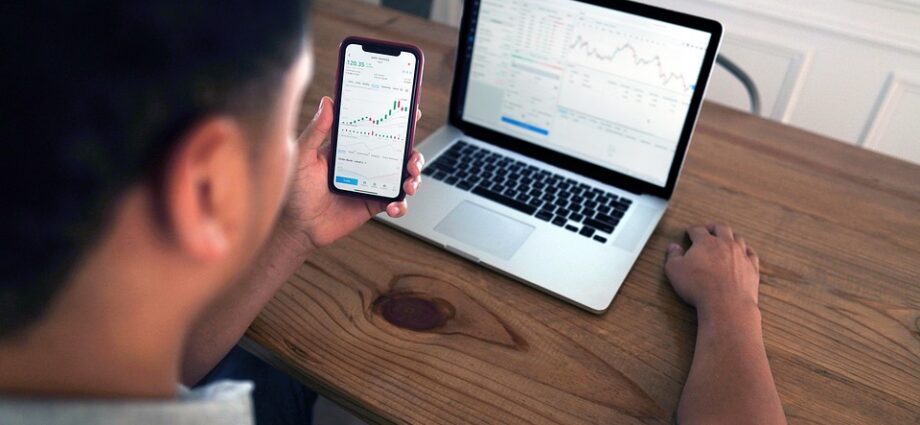The Resilience of the Brazil Stock Market Amid Global Economic Uncertainty
The global economic landscape has been marked by volatility and uncertainty in recent years, driven by factors such as geopolitical tensions, inflationary pressures, and the lingering effects of the COVID-19 pandemic. Despite these challenges, the Brazil stock market has shown remarkable resilience, capturing the attention of investors worldwide. This article explores the factors contributing to the robustness of Brazil’s financial markets and their potential for future growth.
Economic Fundamentals and Recovery
Brazil, as the largest economy in South America, has demonstrated a capacity for recovery following economic downturns. Following the initial shock of the pandemic, Brazil’s economy began to rebound, supported by various government measures aimed at stabilizing the economy. Initiatives such as financial aid for citizens and businesses, along with investment in infrastructure, have played a crucial role in this recovery. As a result, the Brazilian GDP has seen a positive trajectory, bolstering investor confidence in the stock market.
Commodity Prices and Exports
Brazil is a leading exporter of several key commodities, including soybeans, iron ore, and oil. The global demand for these commodities has remained strong, particularly from major economies such as China. As commodity prices surged, Brazilian companies involved in these sectors experienced substantial gains, positively impacting the stock market. The correlation between commodity prices and the stock market performance highlights Brazil’s position as a significant player in the global marketplace.
Political Stability and Reforms
Political stability is crucial for investor confidence, and Brazil has made strides in recent years to create a more favorable business environment. The government has implemented various reforms aimed at enhancing economic stability and attracting foreign investment. Structural reforms in tax policy, labor laws, and pension systems have been key to fostering a competitive market. While challenges remain, the continued commitment to reform has helped stabilize the Brazilian financial landscape.
Emerging Market Appeal
In an era of global uncertainty, emerging markets like Brazil offer unique investment opportunities. The potential for higher returns, coupled with comparatively lower valuations than developed markets, has attracted both domestic and international investors. As global interest rates rise, many investors are seeking alternative avenues for growth, and Brazil’s stock market presents an appealing option. The diversification benefits of investing in emerging markets further enhance their attractiveness.
Technological Advancements and Innovation
Brazil has also seen a surge in technological innovation, particularly in the fintech sector. The rise of digital banking and payment solutions has transformed the financial landscape, creating new investment opportunities and enhancing the overall efficiency of the market. This technological advancement has not only improved access to financial services but has also attracted investment from venture capitalists and private equity firms, further bolstering the stock market.
Conclusion
The resilience of the Brazil stock market amid global economic uncertainty is a testament to the country’s dynamic economy, robust commodity sector, and ongoing reforms. While challenges persist, the potential for growth remains strong, particularly as the world continues to navigate a complex economic environment. Investors looking for opportunities in emerging markets would do well to keep a close eye on Brazil, as its stock market shows promise for continued stability and growth in the years to come.
